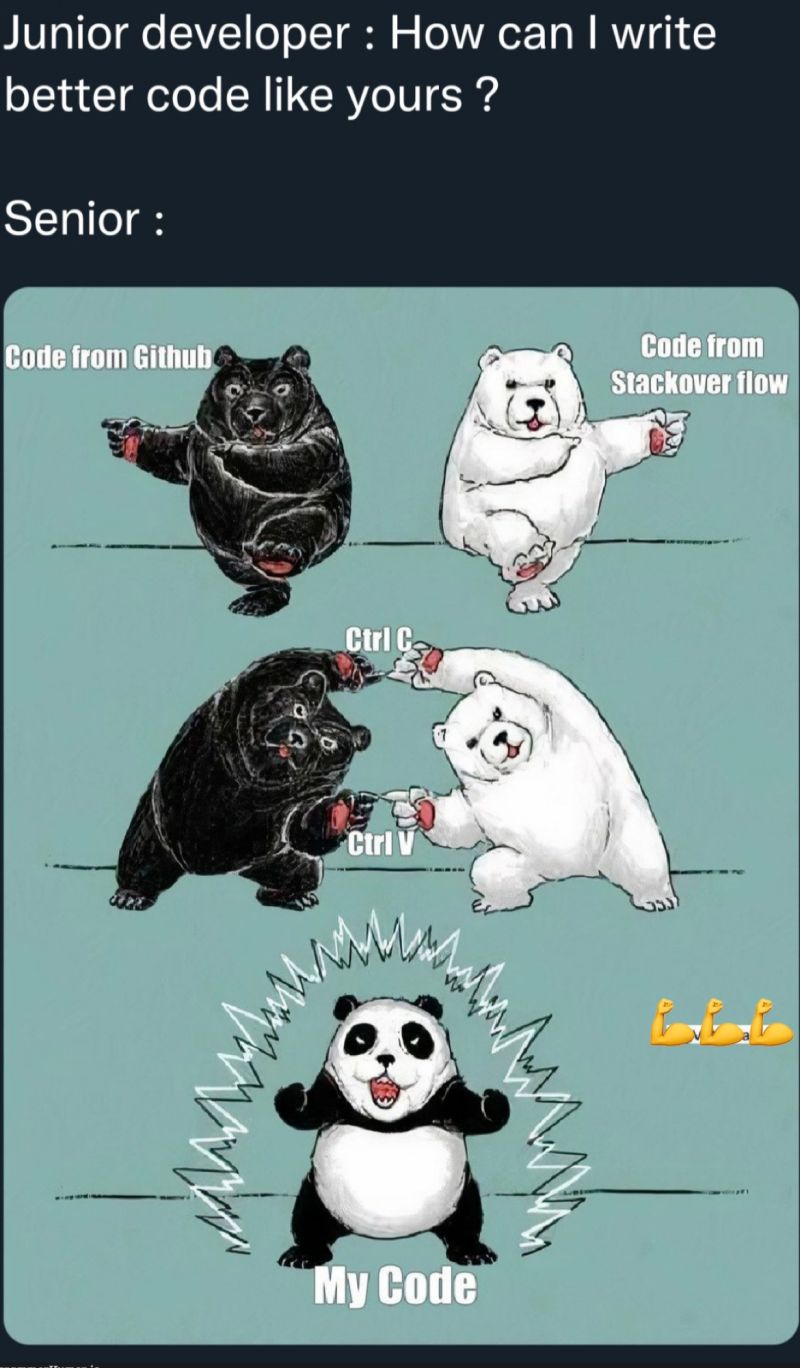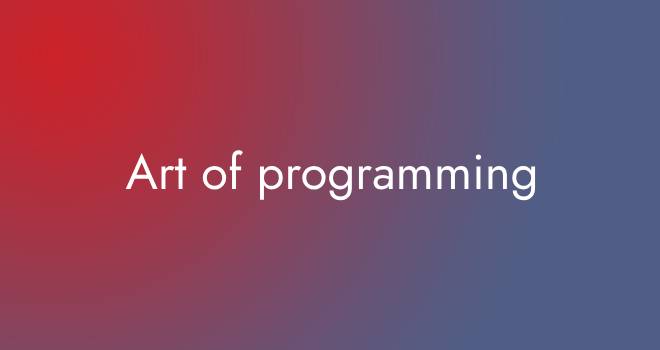The art of programming is the skill of controlling complexity. This skill take time to develop, below some advices for this long journey to become better programmer:
👉Start by the Fundamentals: Ensure you have a strong grasp of the fundamentals of programming, including data structures, algorithms, and core concepts in your chosen programming language.
👉Set your Goals: Define specific, measurable, and achievable learning goals. What skills or projects do you want to accomplish in the short term and long term?
👉Choose a Specialization: Decide on a specific area or technology to specialize in, such as web development, mobile app development, data science, machine learning, etc. Focus on what genuinely interests you.
👉Select the Right Resources: Find high-quality learning resources such as online courses, textbooks, tutorials, and documentation relevant to your chosen specialization. Platforms like Coursera, edX, easycodingschool, Udacity, and freeCodeCamp offer many advanced courses.
👉Practice Problem Solving: Work on algorithmic problems and coding challenges on platforms like LeetCode, HackerRank, or CodeSignal. These platforms help improve your problem-solving skills, which are crucial in advanced programming.
👉Seek Mentorship: If possible, find a mentor or join a community of like-minded learners. Mentorship can provide valuable guidance and support.
👉Learn from Mistakes: Don’t be afraid to make mistakes. Learning from errors is a crucial part of growth. Analyze what went wrong and how you can improve next time.
👉Teach Others: Teaching is a powerful way to reinforce your own learning. Share your knowledge through blog posts, tutorials, or mentoring junior developers.
👉Stay Disciplined: Maintain a consistent study schedule and set aside dedicated time for learning and practice. Avoid procrastination.
👉Practice Regularly: The key to mastering advanced skills is consistent practice. Work on coding projects, challenges, or exercises regularly to reinforce your knowledge and skills.
👉Work on Real Projects: Apply what you learn by building real-world projects. This practical experience will deepen your understanding and demonstrate your abilities to potential employers or collaborators.

👉Collaborate and Seek Feedback: Collaborate with others on coding projects or contribute to open-source projects. Receiving feedback from experienced developers can help you learn faster and improve your skills.
👉Stay Updated: Technology evolves rapidly. Stay current by following industry news, blogs, podcasts, and attending conferences or meetups related to your specialization.
👉Measure Progress: Periodically assess your progress toward your learning goals. Adjust your approach if necessary.
👉Stay Curious: Cultivate a curious mindset. Explore new technologies and programming languages. Experiment and tinker with different tools and frameworks.
You can also discover a lot about Javascript by exploring different topics.
Note: We welcome your feedback at Easy Coding School. Please don’t hesitate to share your suggestions or any issues you might have with the article!

